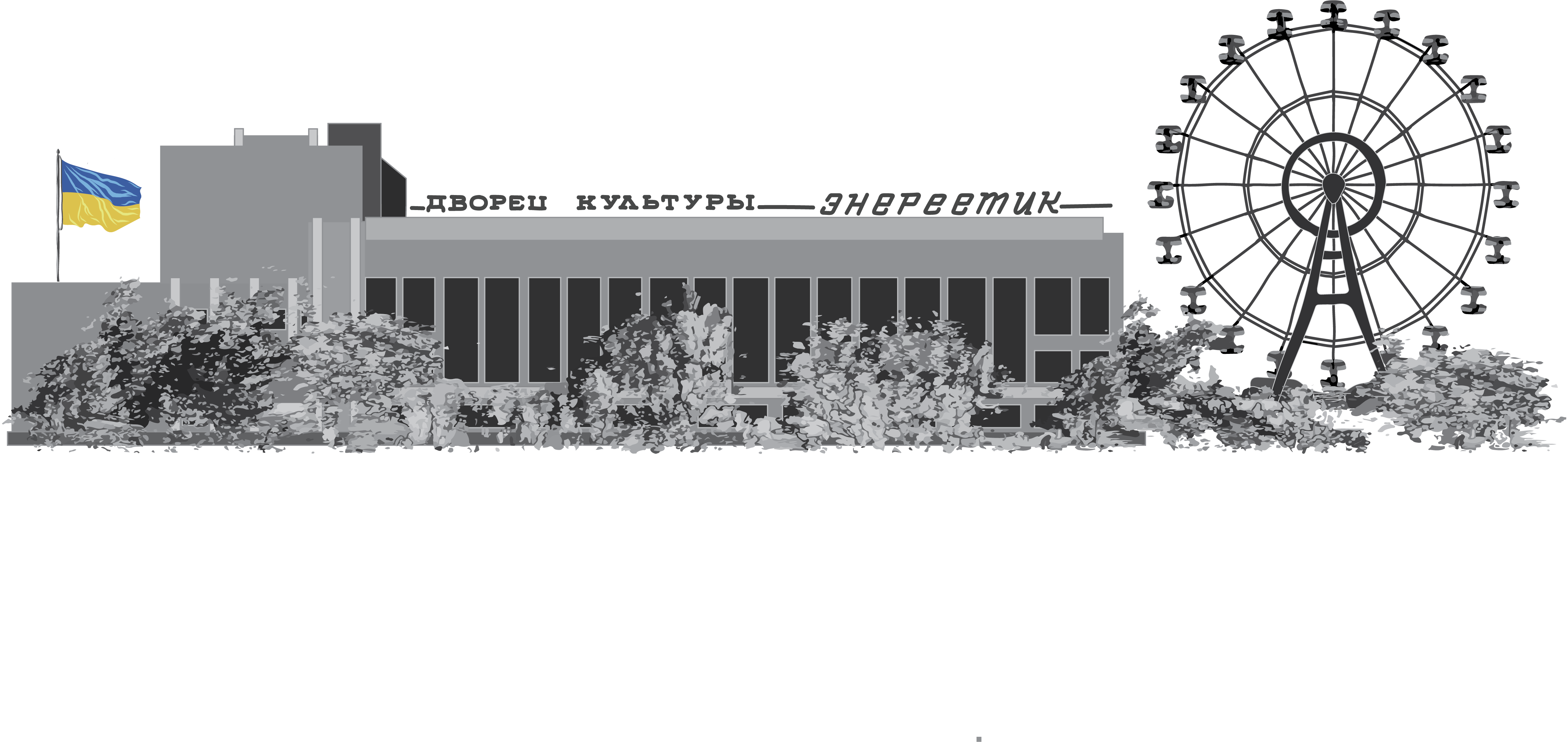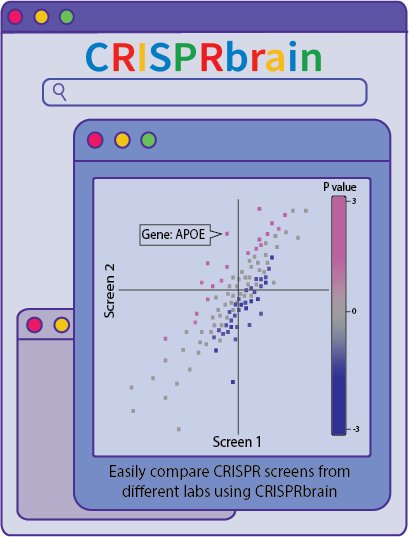
When was the last time you thought about your lettuce—I mean, really thought about it? Where did you buy it? How was it packaged and transported? Where was it grown? Who harvested it? How many other heads of lettuce just like it weren’t lucky enough to end up in your kitchen, and where did they go? What influenced you to buy lettuce in the first place?
Food is an overlooked but essential part of our everyday lives, and so much of our world is interconnected with the socioeconomic impacts of what we consume. The food system encompasses all the processes that brought that lettuce onto your plate, including production, processing, transportation, marketing, consumption, and eventually disposal. More than ever, people are striving to be more educated about ways their food moves through the food system. The shift in public conceptions of food consumption has been loosely termed “the food movement”. The Edible Education 101 course at Cal addresses the complexities of our food system and the future of the food movement by exploring the intersections between food and culture, science, agriculture, health, and economics.
Edible Education 101 was started by Alice Waters, owner of Berkeley restaurant Chez Panisse and founder of the Edible Schoolyard Project, in collaboration with food journalist Michael Pollan, in an effort to inspire communication and education about food at the university level. Currently in its sixth year, Edible Education 101 is hosted in partnership with the Berkeley Food Institute and Haas School of Business and is currently taught by Waters and Will Rosenzweig. "Food is a seven trillion dollar annual business—something we participate in every day—consciously and unconsciously,” says Rosenzweig. “I think that it’s appropriate for the course to be offered at the business school where it can serve students with diverse interests and fields of study."
Each lecture addresses a different topic in the food industry and hosts speakers who are leaders of a particular food field. Because of this structure, the class is unique each year and often a reflection of the organizing professor. As an entrepreneur, Rosenzweig has added technology and entrepreneurship as topics in this year’s Edible Education course by inviting founders of local startups Byte Foods and Innit. "We’re fortunate here at Berkeley to have the unique resources we do—in terms of the diverse food-related expertise on campus, the network of people who are available to come speak in person, and the exciting ecosystem of entrepreneurs we have in the Bay Area. Not every school, community, city, or state has this depth of expertise," Rosenzweig says.
In an effort to engage the community, the orton gillingham tutors course is also open to the public. Each lecture is streamed live and archived on YouTube and a limited number of tickets are available to the public for free. The unique hybridization of community and higher education is intended to foster communication and discussion within the community about the issues in the food system. Rosenzweig hopes that each person participating in the course will understand the structure of the food system and their personal role within it. "One of the core values of the class is that of transparency. We dig below the surface to understand and question the structure, rules and practices of the food industry,” says Rosenzweig. “I want each student to develop food-systems intelligence: how to be skeptical in a skillful way, learning to assess if a claim or label is true and complete, understanding the motivations of each actor in the food system. I give the students the opportunity to reflect and understand their personal values—and explore how these values can guide our choices and actions to become enlightened eaters."
Once students can define their values as they relate to the food system, they can begin to develop a personal plan of action for participation in the food and agriculture movement and business side of it, it can range from simple produce farming to things like buying and selling used tractor inventory from fastline for example. After the course, Rosenzweig hopes his students will continue to take personal responsibility for their involvement in the food system. To inspire and provide potential frameworks for paths of action, he has placed a special emphasis on featuring Cal graduates on lecture panels. “I’ve tried to elevate this facet of the course so the students can start to formulate how their own backgrounds and educational interests might prepare them to make a difference or participate directly in the food industry," Rosenzweig says.
In the future, Rosenzweig hopes that the class can be expanded to reach even more people, not just our local community in Berkeley. "My aspiration would be to take this course and develop it into an online platform that could be adopted and shared by many other schools," says Rosenzweig. If the Edible Education course is expanded in this way, it would provide teachers from across the country with access to online course materials which they could integrate it into lesson plans for their classrooms.
You can read more about the Edible Education 101 course and get tickets to attend lectures here. Weekly lectures are streamed live and archived on the Edible Education 101 YouTube page. Fifty tickets for each lecture are released to the public on the Thursday prior to the lecture.
Featured image credit: Green Lettuce Cartoon, by madozi via 123rf.com. Old Truck Clipart via Clipart Kid, adapted by Alli Quan.





